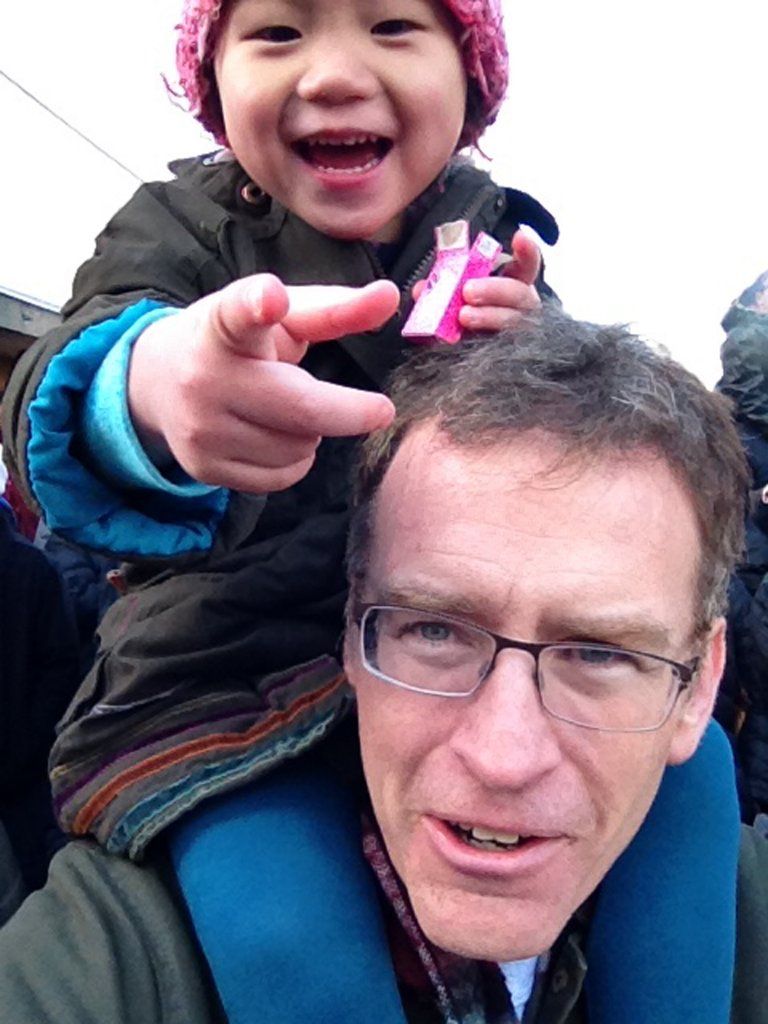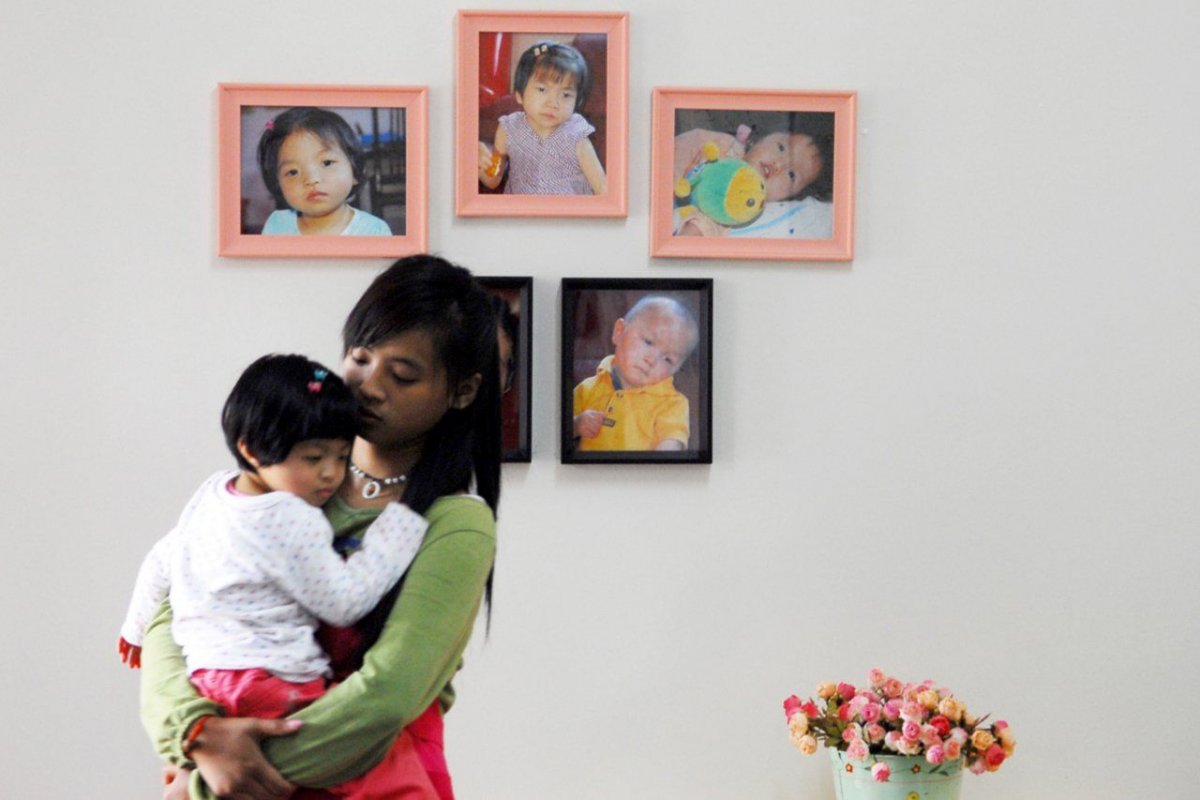
My parents never expected to have children the way they did. When a family did not arrive for them in the ordinary way, they adopted two infants, including me.
My wife, Carolee, and I adopted for the same reason. We had a beautiful daughter, Ava, but explored our alternatives when a second child did not arrive. After a year and a half of counseling, paperwork, and waiting, we traveled to China late last year. We walked into a provincial government office in Wuhan, where a sign on the wall read: "Thank you for all of love Pouring on the Children." A woman led us over to Ana Xiao, age 3 1/2. She smiled and said, "Baba!" the Chinese word for "Daddy," and gave me a kiss on the cheek.
Between those two events—my adoption and my daughter's—the customs of adoption changed in ways that reflect a changing world. I was born near the end of the era of closed adoptions, when children typically never learned who their birth parents were, and birth parents never heard what happened to children. Some children grew up without even knowing they were adopted. While this approach was supposed to avoid confusion, it also demonstrated the mores of an older time. The conventional family was the norm, and anything else was best kept quiet.
Today's system keeps nothing quiet. Open adoptions commonly allow children and birth parents to visit. Interracial and international adoptions make many adoptive families easy to spot on the street. The effects of this have been apparent since the moment our enlarged family returned from China. The driver who brought us home from the airport noticed that our new daughter did not resemble the rest of us, and struck up a conversation. "Did you meet the parents? How much did you pay for her?"
Questions like that can be jarring, but it's better that he would ask and be informed. So I told him we did not meet or pay the birth parents. According to Chinese documents, our daughter was abandoned long before we met her, when she was 12 days old.
We don't know why she was wrapped in a coat and left in the elevator alcove of a hospital. We can say that China's one-child policy pushes many parents to give up "extra" children or pay substantial fines. The policy persists despite talk that China must abolish it to avoid a catastrophic shortfall of young people. It's widely believed that girls are rejected by families that prefer boys, but our visit to Ana's orphanage confirmed that many boys are abandoned too. Many children have common and correctable birth defects, like the heart murmur with which our daughter was born. By the time we met her, she'd had surgery, was in excellent health, and eagerly embraced the world outside the orphanage. She also cried sometimes for caregivers and friends left behind. Adoption is an ocean of love and sorrow.
Unfortunately, the public nature of adoption also allows this very personal matter to be used to make political statements. International adoption amounts to a form of public diplomacy—bringing citizens of two countries together in a powerful and personal way. Surely it's no accident that the bureaucracies of the United States and China, cultivators of the world's most important relationship, have devoted enough resources to smoothly manage the complex paperwork necessary to transfer custody and change citizenship for thousands of children. Their efficiency influenced our decision to adopt from China. But there is a flip side. Before we went to pick up Ana, I wondered if some negative turn in U.S.-China relations would complicate our adoption. Days after we returned home, Russia blocked adoptions to the United States. It was an act of power diplomacy, retaliation against a human-rights law passed by Congress.

Russian lawmakers justified their continued confinement of Russian children in orphanages by taking refuge in patriotism. They insisted Russia should care for its own. No doubt those lawmakers have their patriotic counterparts in other nations who find it shameful that foreigners take custody of some of their children. Some Americans have the mirror image of this attitude. They do not entirely approve of their fellow citizens bringing home foreigners.
Yet at its best, modern adoption challenges people to think again and deepen their understanding. My younger daughter is one of my people. She is adopted like me. She is American like me, having arrived in this nation of immigrants. She is also my daughter. The other day a friend caught me saying that Ana was an exceptional child. "Spoken like a father," she observed. Damn right.
Since we brought Ana home, two or three people have said, "You're doing a noble thing." Thanks, but I'm not. Adoption is hard, but not a sacrifice. We did not bring Ana home to save her or to change the world. We did it to add to our family, just as my parents did years ago. Our lives are richer for it. The old saying goes that we all have two families—the one we're born with, and the one we find along the way. For some of us, the family we've found is everything, and enough.
Uncommon Knowledge
Newsweek is committed to challenging conventional wisdom and finding connections in the search for common ground.
Newsweek is committed to challenging conventional wisdom and finding connections in the search for common ground.
About the writer
To read how Newsweek uses AI as a newsroom tool, Click here.








